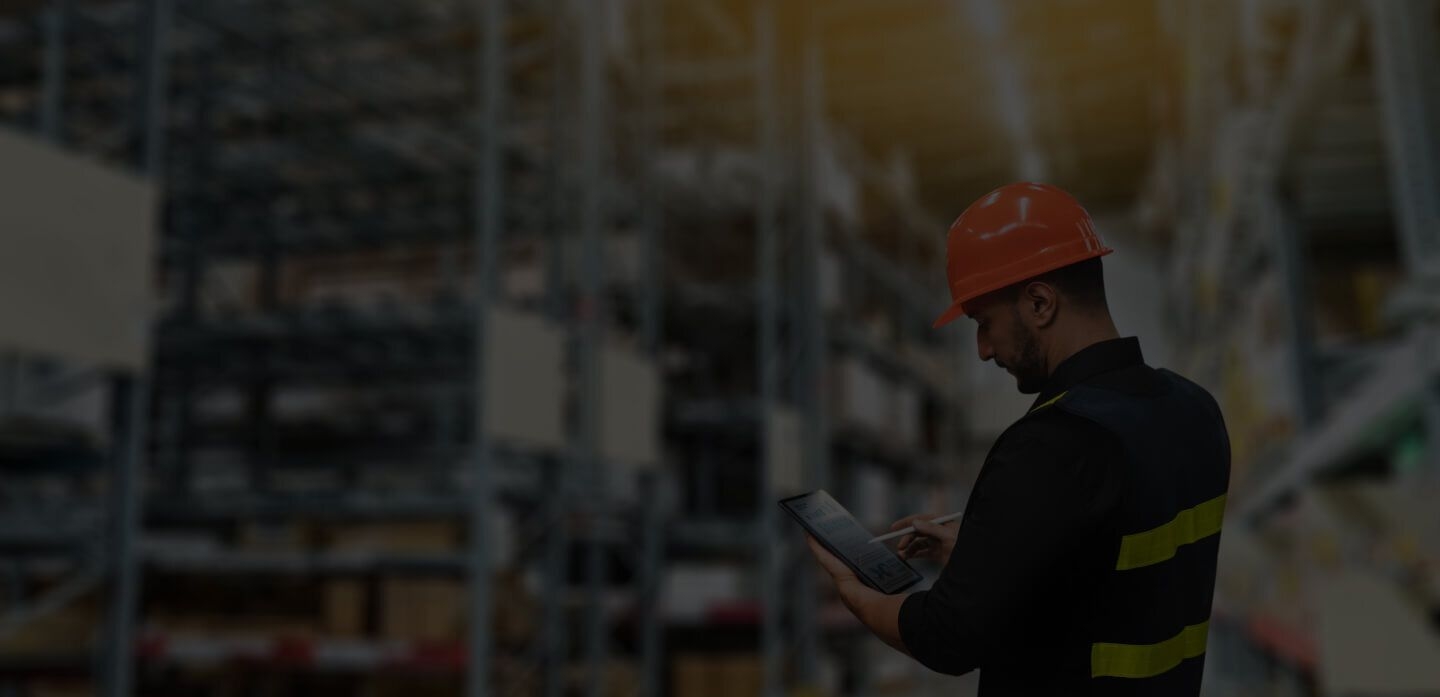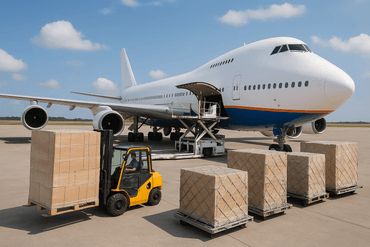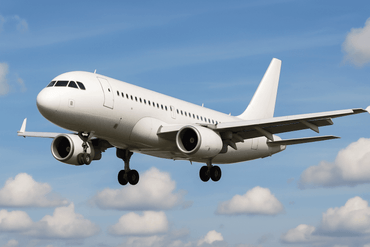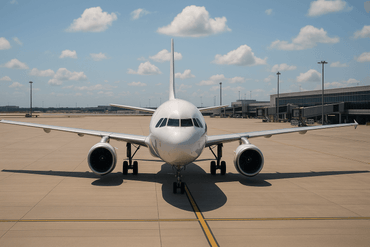
How to mitigate the impact of a trade war on importers



The uncertainties of the ongoing trade war between the US and China are rattling importers and business owners. And with possibly more retaliatory tariffs on the horizon, importers should begin to weigh their options and consider steps they can take to minimize the potential damage these tariff increases can have on their business.
iContainers spoke with Lenny Feldman, Senior Member of the Sandler, Travis & Rosenberg law firm specializing in international trade, customs & export law. And he gives us his insight on how the trade war is likely to affect importers and the strategies that are at their disposal to help mitigate and/or avoid the impact of these tariffs.
1. Are there any changes to legal obligations that come with the tariff increases that importers should be aware of?
US laws provide that the importer of record is the party responsible for making sure that the product is properly classified valued, admissible and that the proper duties are paid when it comes into the country. When the product comes out of the country, freight forwarders have to make sure that they provide the proper value, classification, licensing and shipping information of the merchandise. But it really will be incumbent on the customs broker to work with the importer to make sure that proper tariffs and fees are paid, proper declarations are made for the merchandise, indicating the true country of origin, to ensure trade or import compliance.
2. So importers and customs brokers will have to keep a closer eye now on tariffs?
This, I think, will be the biggest adjustment. Forwarding agents may make declarations for the exported product as to what the values are and the countries of origin, etc, so they should be aware the accuracy of their data will become increasingly critical for import purposes. But as far as the actual tariffs and duties are concerned, in particular the retaliatory tariffs and duties, that’s really incumbent on the importer and customs broker to make sure those are declared and paid properly.
3. Do freight forwarders need to take any precautionary measures?
I don’t really see extra steps that freight forwarders have to take because it’s really going to be the importers and the customs brokers that are responsible to make sure that the tariffs are declared properly. What freight forwarders really need to be doing right now is to be ready and prepared to recognize that there’s definitely going to be some changes in trade flows.
Freight forwarders that have been moving cargo for certain companies or clients in particular trade lanes may see that’s really going to be changing perhaps because we’re going to see different manufacturing processes occurring in different countries. For example, you may have entire engines or machines that were being made in China. Now maybe only some of the components will be made in China and shipped to Latin America and enter the United States from there. Or maybe the entire product, instead of being a Chinese product, will be made if not completely, but partially, in Vietnam, or Cambodia, or Malaysia. So from the standpoint of freight forwarders, they have to be aware that they might see changes in trade flows for a certain product and even the types of product because they are now assembled differently or entering the country in a different stage of manufacture than they were before.
4. Why do you think importers have yet to react to the new tariffs?
I didn’t expect there to be an immediate change in the demand for the Chinese goods. I think people are still trying to find ways to avoid the tariffs. It takes some time for people to make the hard and fast decision that they need to change their sourcing and face the reality that they need to alter and the type of product they’re importing or change the country from which they’re sourcing. Maybe there may not be a change at the end of the day as traders may find that despite the 10% or 25% increase in tariffs, it still makes sense to maintain its source in China than move it to other countries.
5. How do you see this trade war playing out?
This really will depend on how the customers and consumers react. Traders will have to experience the reality of these new tariffs before deciding if they should move their operations to other countries or change their operations entirely. Then they’ll have to determine how realistic this will be in the short term and in the long term. I think it’ll be harder to do that in the short term but in the long term, say a few months, there may be more potential to implement changes.
There’s quite a bit of tension between the US and China now. We have offices throughout China and from what we’re hearing from the US and China administrations, it appears the trade wars are going to persist for quite some time.
6. Any extra advice for importers?
I’d recommend giving my article on The Art of the Trade Deal - Top Strategies to Avoid or Reduce Section 232 and 301 Duty Increases a read. There are numerous options companies can consider to avoid or minimize the tariffs and they’re all legal under the customs laws and regulations. Many of the higher-duty items such as footwear and wearing apparel have been using these types of strategies for years because they always face duties of 10% to 25%. So now it’s the other industries turn to appreciate these duties-savings strategies.
- 1. Are there any changes to legal obligations that come with the tariff increases that importers should be aware of?
- 2. So importers and customs brokers will have to keep a closer eye now on tariffs?
- 3. Do freight forwarders need to take any precautionary measures?
- 4. Why do you think importers have yet to react to the new tariffs?
- 5. How do you see this trade war playing out?
- 6. Any extra advice for importers?
Related Articles


